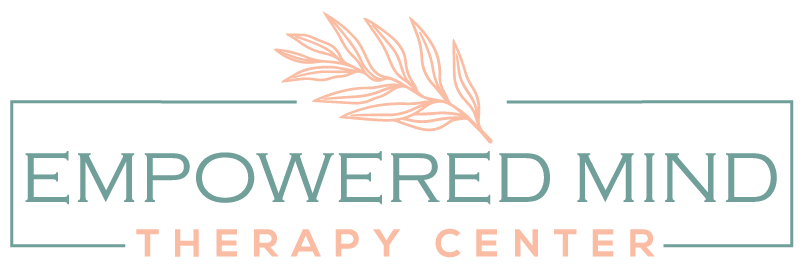Why Therapy is Right on Time for BIPOC Women
If you struggle with your mental-health, you know how difficult it can be to find the right help. It not only takes a tremendous amount of courage to seek treatment, but it takes a lot of time, dedication, and effort to find a mental-health provider who can meet you where you are. But for BIPOC women, the stress, anxiety, and fear of seeking help is more acute — for us, finding proper help has more barriers than for our white peers. A key reason for this difficulty in finding a therapist who we feel comfortable with (ie. looks like us), scarcity of providers of color in general, and shame around seeking mental-health help.
A great deal of stigma is associated with seeking mental health support — a conventional idea being that if you seek help from a therapist, you are somehow broken or weak. Add in racist streotypes such as ideas like that of the “angry Black woman” or a sexualized Latina, or “model minority” Asian— creating an additional barrier of BIPOC women being seen for who they truly are, and what they are truly struggling with, as individuals.
Significant changes of the mental healthcare industry will need to be made as we collectively dig deeper to uproot systemic racism in America. But BIPOC women across ethnicities are offering a glimmer of hope for the future. We are more empowered to speak out, share our stories, and find help for our healing.
Times are changing, it’s more acceptable to be open about seeking help. Let’s talk about therapy and how it can specifically be helpful for BIPOC women.
Therapy can help us be more vulnerable.
The idea of the “strong” woman of color comes from a well-meaning place, but it’s a double-edged sword that can make BIPOC women feel like reaching out for help equates to weakness. With the help of a therapist, we can start to break down that ideology and learn that we can be strong and vulnerable. And that we don’t need to do it all ourselves.
Therapy can allow us to process racial trauma.
Sadly, many BIPOC women carry racial trauma from verbal harassment, daily microaggressions, watching the news, and, in many cases, physical violence. We’re not meant to hold all this trauma by ourselves, and with a therapist who specializes in racial trauma, we can safely unload, vent, question, and process without our experiences being minimized, or assumed that we all have the same experience.
Therapy can help break generational cycles of shame about mental health.
If you grew up in a community or family that stigmatized mental health, you know the harm that was caused. By going to therapy, not only are you doing your own healing work, but you are helping to normalize that embracing mental health treatment is not only okay, but valuable to family and community members of generations to come.
At Empowered Mind Therapy Center, we understand the needs of the BIPOC women community in relation to their mental health. That's why we are here. Having a therapist who doesn't shy away from examining how identity impacts mental health is paramount for BIPOC women to get the high quality care we deserve. With us, you can bring your authentic self into the therapy space. We invite you to discuss issues that matter to you, because they matter to us.


